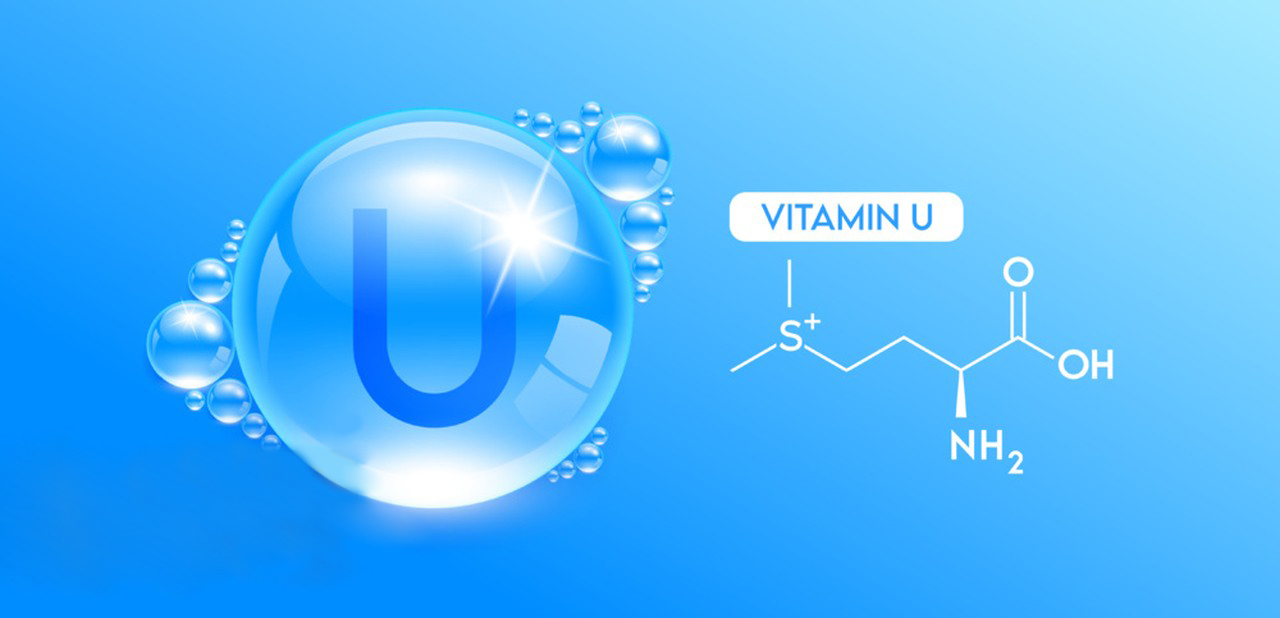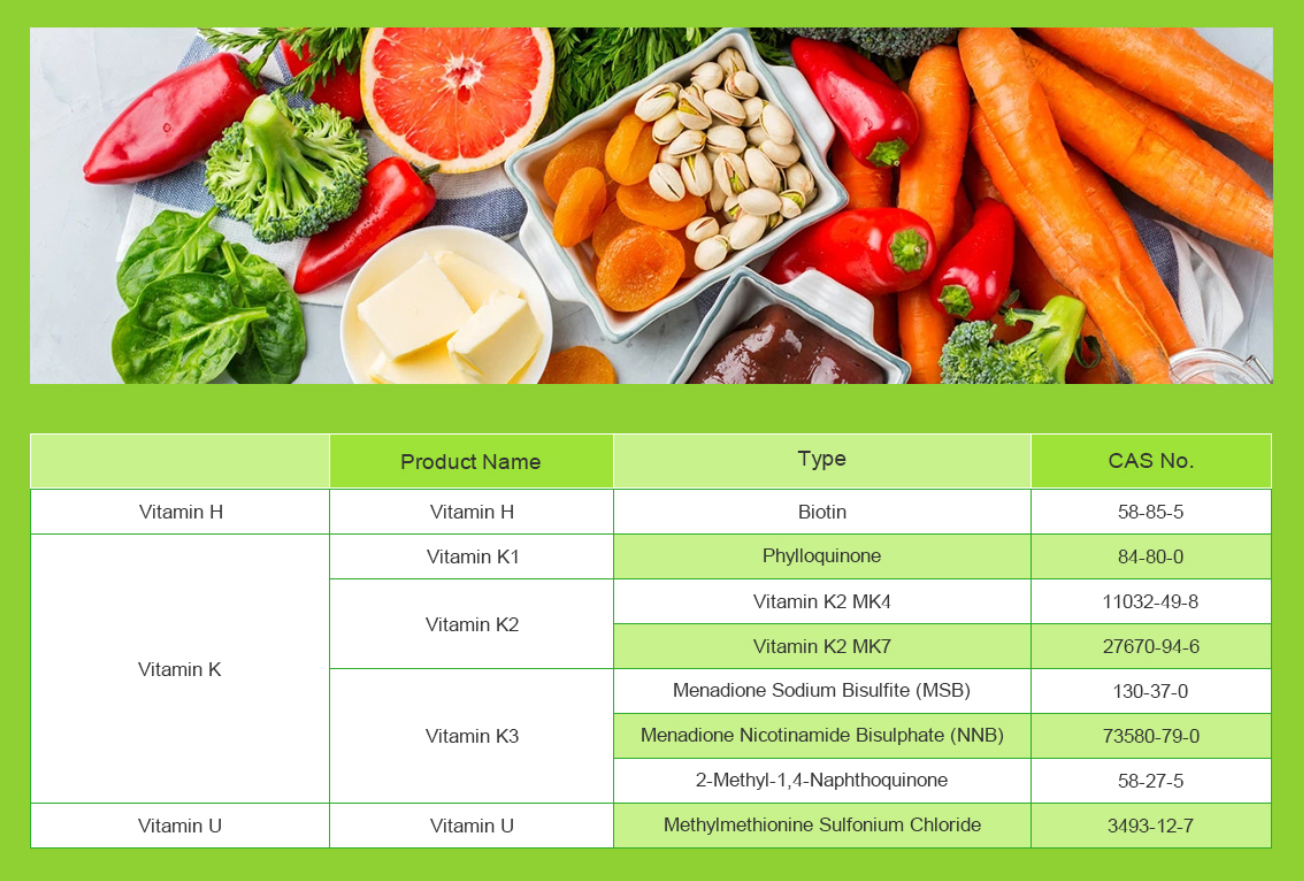Vitamin U is not a commonly recognized or widely studied vitamin. In fact, there is no such vitamin as “Vitamin U” in the traditional sense. Vitamins are typically categorized from A to K, and there is no official designation for Vitamin U.
It’s possible that you might be referring to “S-Methylmethionine” or “Methylmethionine Sulfonium Chloride,” which is sometimes informally referred to as “Vitamin U.” This compound is not officially recognized as a vitamin, and its health benefits are a subject of ongoing research.
If you are looking for information on vitamins and similar products, it’s essential to consider well-established vitamins and their functions. Some common vitamins and their benefits include:

Vitamin A: Essential for vision, immune function, and skin health.
Vitamin B-complex: A group of vitamins that play various roles in energy metabolism, nerve function, and more.
Vitamin C: Important for collagen production, immune function, and antioxidant protection.
Vitamin D: Critical for bone health and calcium absorption.
Vitamin E: An antioxidant that helps protect cells from damage.
Vitamin K: Necessary for blood clotting and bone health.
If you are interested in dietary supplements or similar products, it’s crucial to consult with a healthcare professional or a registered dietitian to determine which supplements may be appropriate for your individual needs. They can provide guidance on the appropriate use of supplements and ensure you are meeting your nutritional requirements through a balanced diet. Always choose reputable brands and products when considering dietary supplements.
The clinical application of Vitamin U
Vitamin U, also known as S-methylmethionine or methylmethionine sulfonium chloride, is not officially recognized as a vitamin by modern nutritional science. Instead, it is a derivative of the amino acid methionine. While it was once thought to have potential health benefits, particularly for the gastrointestinal system, there is limited scientific evidence to support its clinical use. Here are some of the historical and potential clinical applications of vitamin U:
Gastric Ulcers: In the mid-20th century, vitamin U was studied for its potential to treat gastric ulcers. It was believed to promote the healing of gastric mucosa and protect the stomach lining. However, more effective and evidence-based treatments, such as proton pump inhibitors (PPIs) and H2 receptor antagonists, are now widely used for gastric ulcers.
Gastrointestinal Health: Some early research suggested that vitamin U might have a role in maintaining gastrointestinal health, potentially helping with conditions like gastritis and acid reflux. However, further studies are needed to establish its effectiveness in these areas.

Detoxification: There have been claims that vitamin U could support the detoxification process in the body, particularly in the liver. However, there is limited scientific evidence to confirm these claims.
Anti-inflammatory Properties: Some studies have suggested that vitamin U may have anti-inflammatory properties. This could potentially be relevant for conditions where inflammation plays a role, although more research is needed in this area.
It’s important to note that the scientific interest in vitamin U has waned, and it is not commonly used in clinical practice today. Many other treatments and medications with proven efficacy and safety profiles are available for the conditions that vitamin U was once thought to address.
If you are considering using any dietary supplements or alternative treatments, it’s important to consult with a healthcare professional who can provide guidance based on the latest scientific evidence and your individual health needs. Also, be aware that the regulatory status and availability of vitamin U as a dietary supplement may vary by location.
